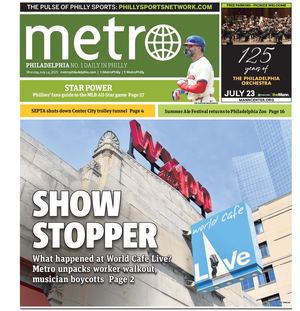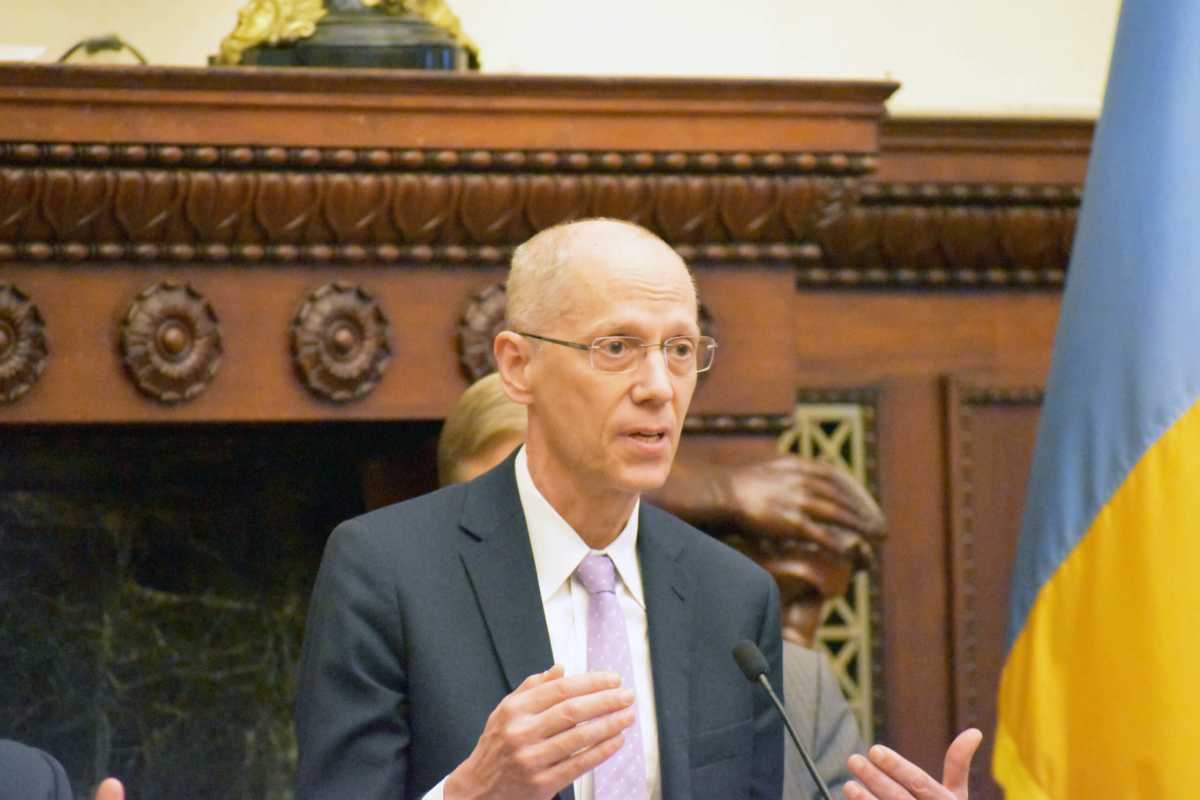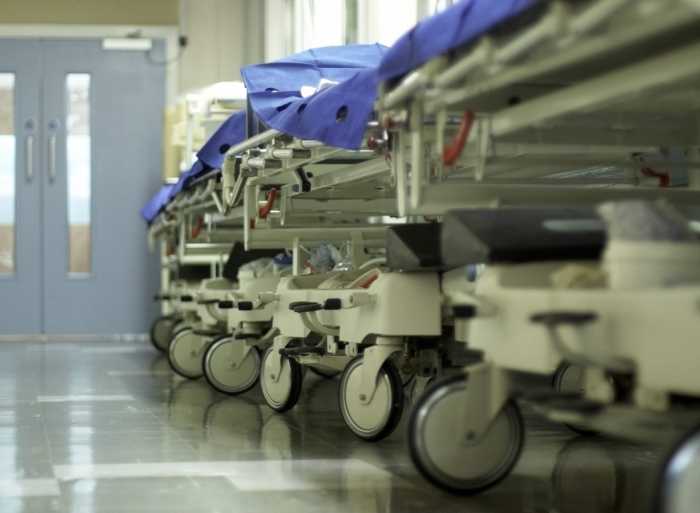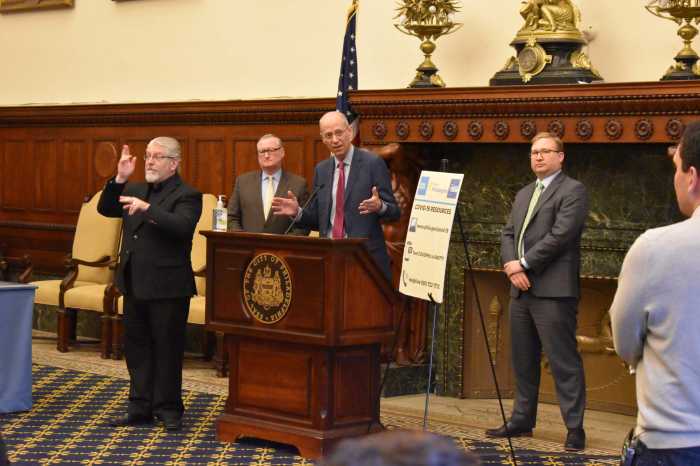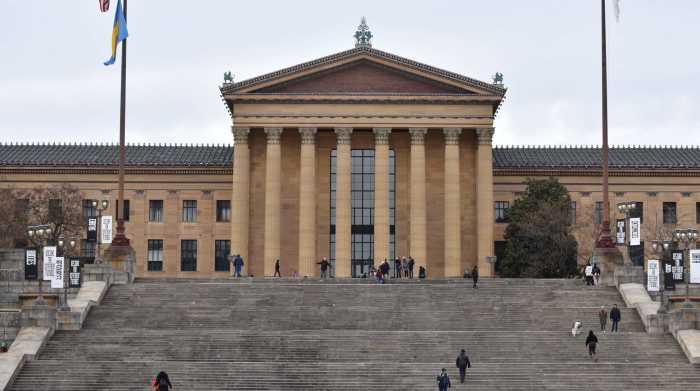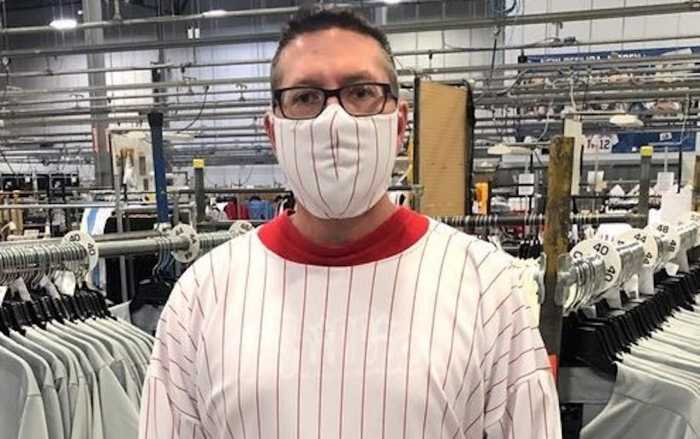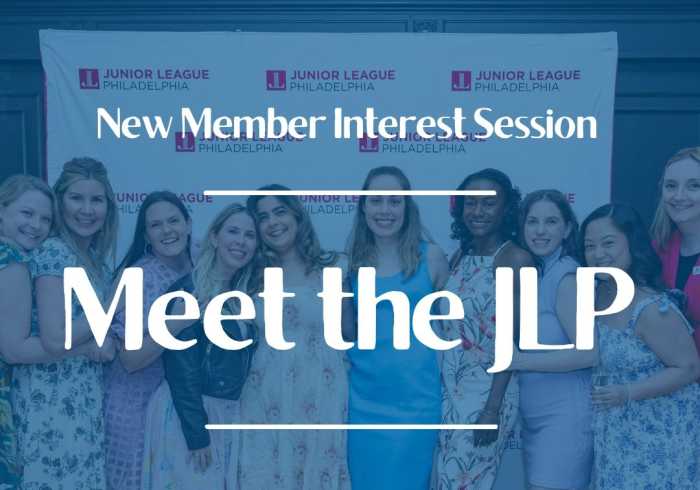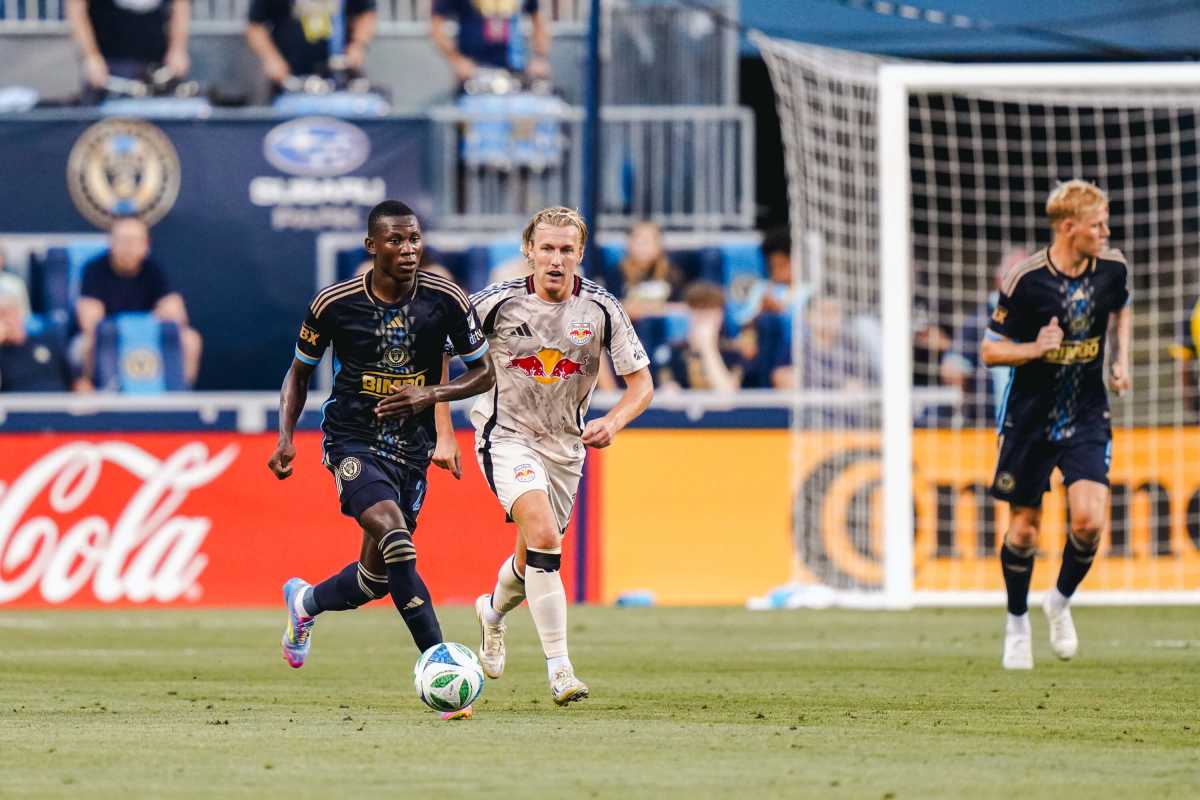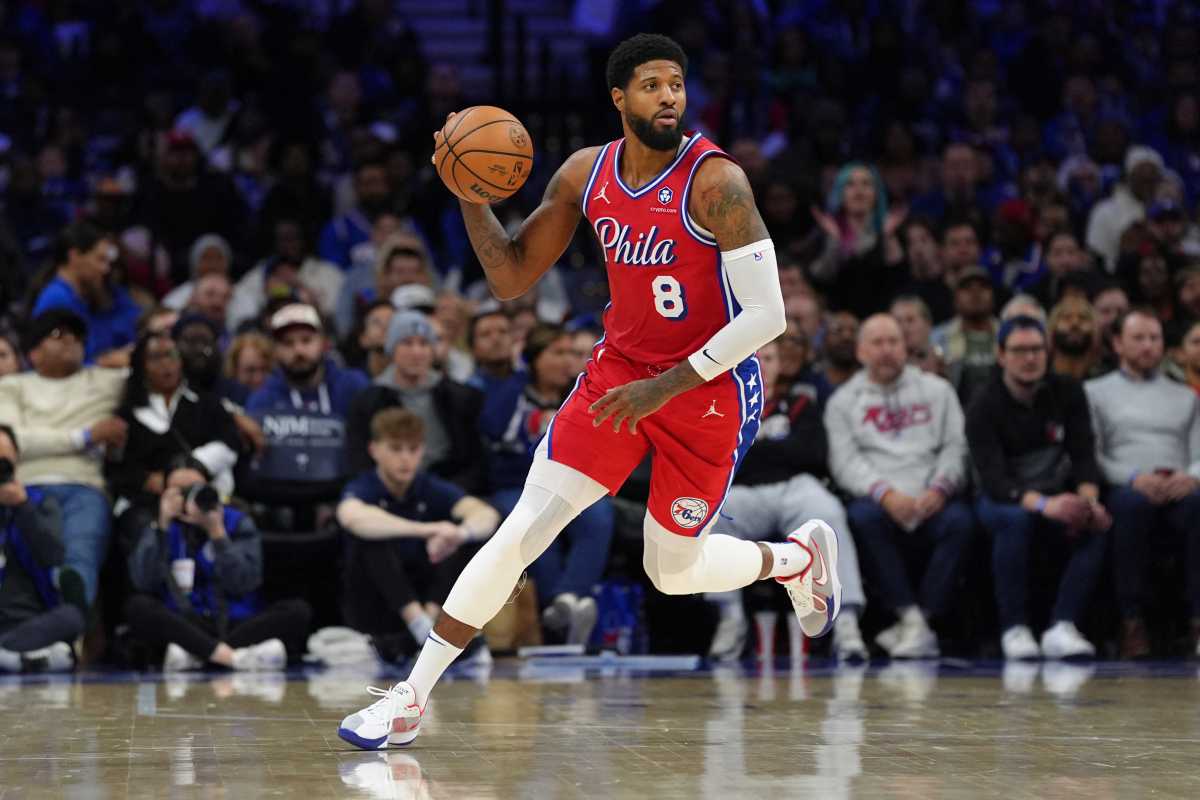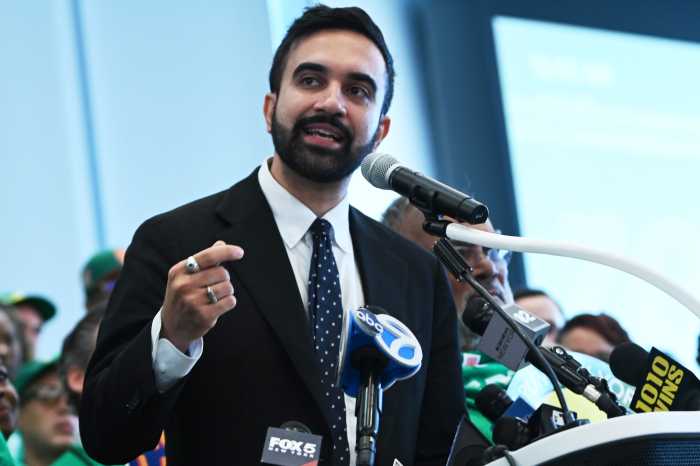Philadelphia leaders are beginning to think about life after COVID-19, as the city’s health commissioner says the outbreak could be “at or near” its peak.
The number of new cases and coronavirus-related hospitalizations are stabilizing, Commissioner Thomas Farley said Monday afternoon during the city’s daily press briefing.
“The overall trend is the same or perhaps a little bit down, which is a sign of hope,” he said. “The numbers I’m seeing give us, I think, solid evidence that the stay-at-home recommendation is working and flattening the curve and protecting people from this infection.”
Farley reported 427 additional coronavirus cases Monday, a decrease from what was recorded late last week, though some backlogged test results from the weekend have yet to come in, officials said.
Fourteen more people with COVID-19 have died, bringing the city’s virus-related death toll to 190. About 66 percent of those deaths were in people over the age of 70.
Despite the positive news, city leaders gave no indication of when Philadelphia’s stay-at-home order or other restrictions may be lifted.
Mayor Jim Kenney said he would listen to the guidance of Farley and other health experts when making decisions about reopening the city.
“You can talk about economists. You can talk about the president, whoever,” Kenney said. “We need to be informed by medical and science people and not by anything else.”
Philadelphia’s not out of the woods yet, according to Farley. He said any easing of restrictions should happen carefully and gradually, and he anticipated no large gatherings “for a long time.”
“When we feel like it’s safe for you to come out of your home and interact with people, we’ll let you know, but, for now, we’re not there yet,” he added.
Kenney recently penned a letter to Nancy Pelosi, speaker of the U.S. House of Representatives, and local members of Congress urging the federal government to boost aid to cities like Philadelphia trying to recover economically from the crisis.
The most important request, he said, is for direct and flexible funding to municipalities and federal money to make up for lost tax revenue.
“Without this, we will be forced to make drastic cuts, which will deprive residents of needed services, exacerbate the damage to our local economies and lessen the possibility of a speedy economic recovery,” Kenney said.
Kenney’s administration is in the process of rewriting its proposed budget. It’s supposed to be delivered to City Council by May 1, and no details about the plan have been released.
In his letter, Kenney asked Washington for more personal protective equipment and resources to allow for the expansion of rapid coronavirus testing.
He also wants Congress, in its next COVID-19 response package, to boost funding for a wide range of initiatives and programs, including rental assistance, mortgage leniency, food stamps, unemployment benefits, homeless services, schools, election outreach, business aid and pension relief.
In other coronavirus-related news, the city’s Emergency Operations Center, which was set up March 11, began running 24/7 on Monday.
One of the reasons for the change is so the center can oversee the surge hospital space at Temple University’s Liacouras Center. Farley said the site could start accepting patients as early as this week if necessary and would be opening 36 beds at a time.
It’s been widely reported that black Americans have been hit particularly hard by the virus, and officials said Monday the same is true in Philadelphia.
Of city residents who have died from COVID-19-related complications, 49 percent have been African American and 27 percent have been white, Farley said. The mortality rate for black residents is 1.3 per 10,000 people and 0.8 for whites.
“Not a huge difference, but an important difference,” Farley said. “So we want to make sure that we get our messages out as far as social distancing, particularly in African American populations.”
He said the health department is also focusing on making sure the city’s black population has access to medical care.
